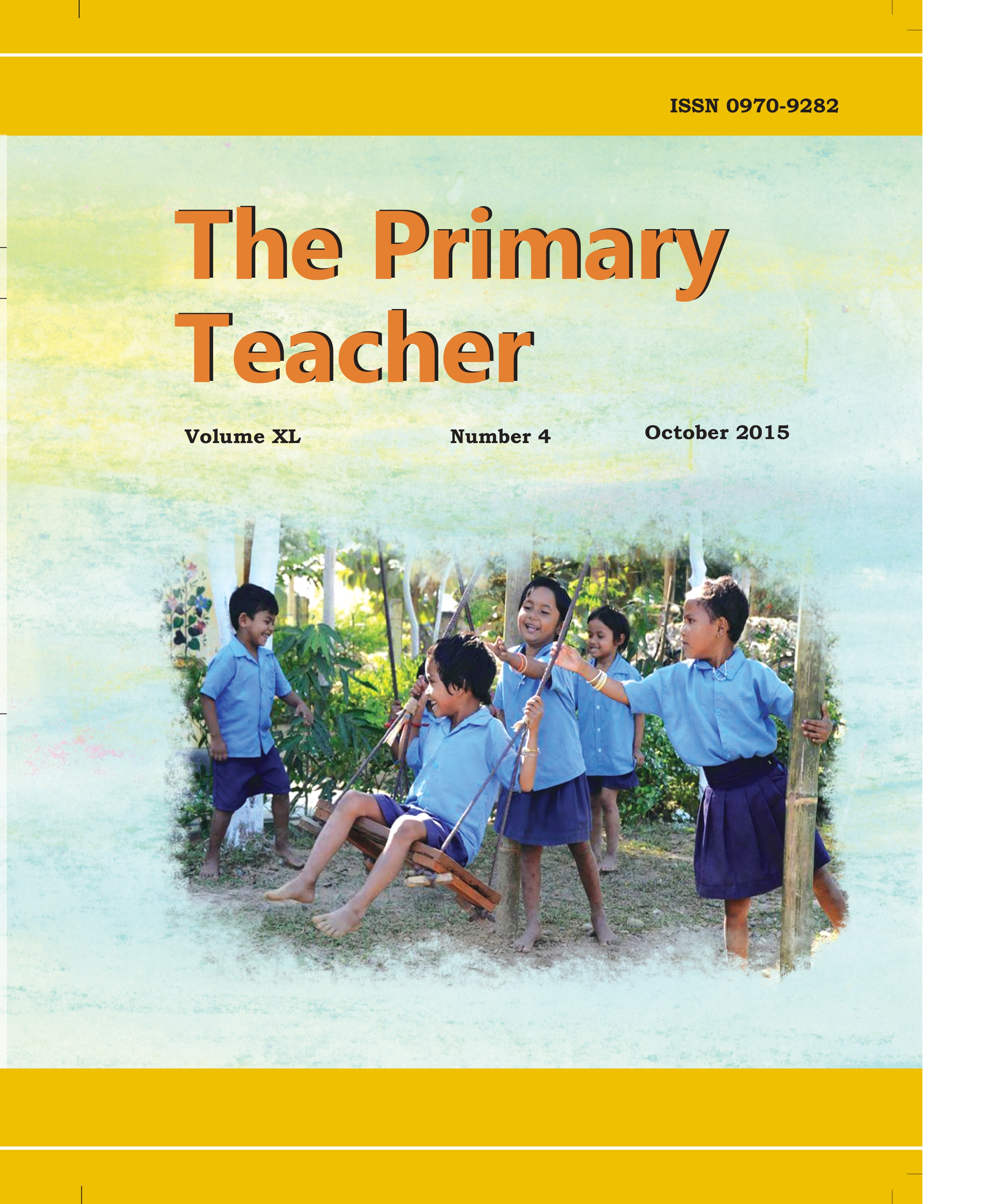
Published 2024-12-03
Keywords
- community leaders,
- dropout rate,
- Tamil Nadu
How to Cite
Abstract
India has already missed the target of achieving education for all by 2015. There are many factors contributing to the present situation. Of these, high dropout rate at the primary level is one of them. About 18 per cent children drop out before completing primary education. Despite all the endeavours made by the government, the dropout rate continues to persist. To address the issue of dropout children, the All India Primary Teachers’ Federation conducted a study in 2014–15 to bring out-of-school children in the age group 6–14 years to the mainstream with the support of the community. The study was conducted in the states of Tamil Nadu and Odisha. In each state, two districts were selected. In each district two blocks, and in each block, five villages were selected. Investigators were selected to conduct household survey and were provided training. They visited all the houses in selected villages and identified out-of-school children in the age group 6–14 years. In Odisha, the investigators identified 544 (283 boys and 261 girls) out-ofschool children in the age group 6–14 years. Out of these 544 children, 325 (175 boys and 150 girls) in the age group 6–14 years were mainstreamed into schools in their neighbourhood with the support of community leaders. In Tamil Nadu, 46 (25 boys and 21 girls) out-of-school children in the age group 6–14 years were identified by the investigators. Of these, 43 (23 boys and 20 girls) were mainstreamed into class appropriate to their age in neighbourhood schools. This is remarkable outcome of the project. But for this project, out-of-school children both in Tamil Nadu and Odisha states might have remained illiterate throughout their lives. Many of them would have become victim of child labour due to the poverty of their parents. Another objective of the project was to bring about a change in the mindset of parents/guardians, community leaders, villagers, social activists, teachers, students, etc., regarding importance of education for all. For this purpose, multipronged approach was followed. Orientation programmes and rallies in all the selected blocks were also organised to bring about requisite desirable change in the mindset of all the stakeholders. Remarkable change was perceived in the mind of villagers, parents, guardians, community leaders, etc.
